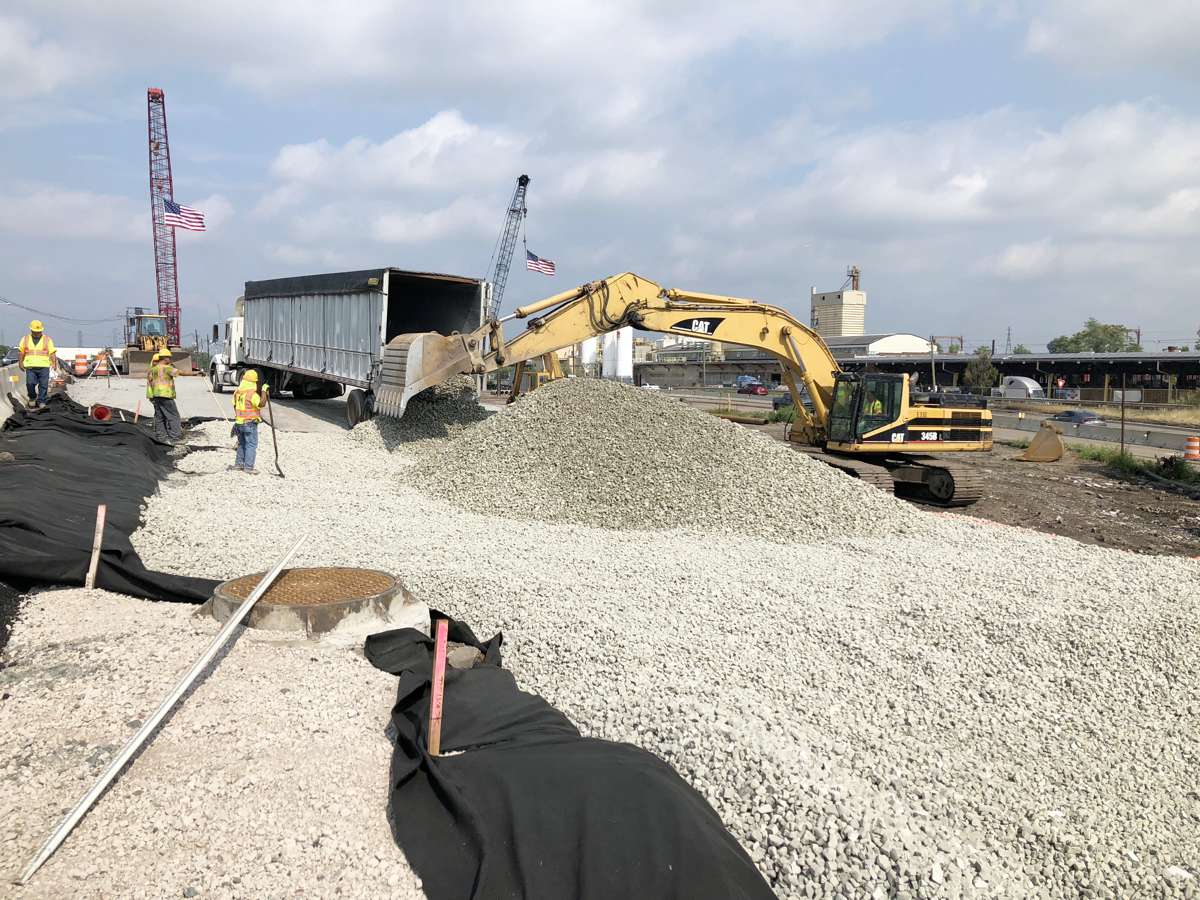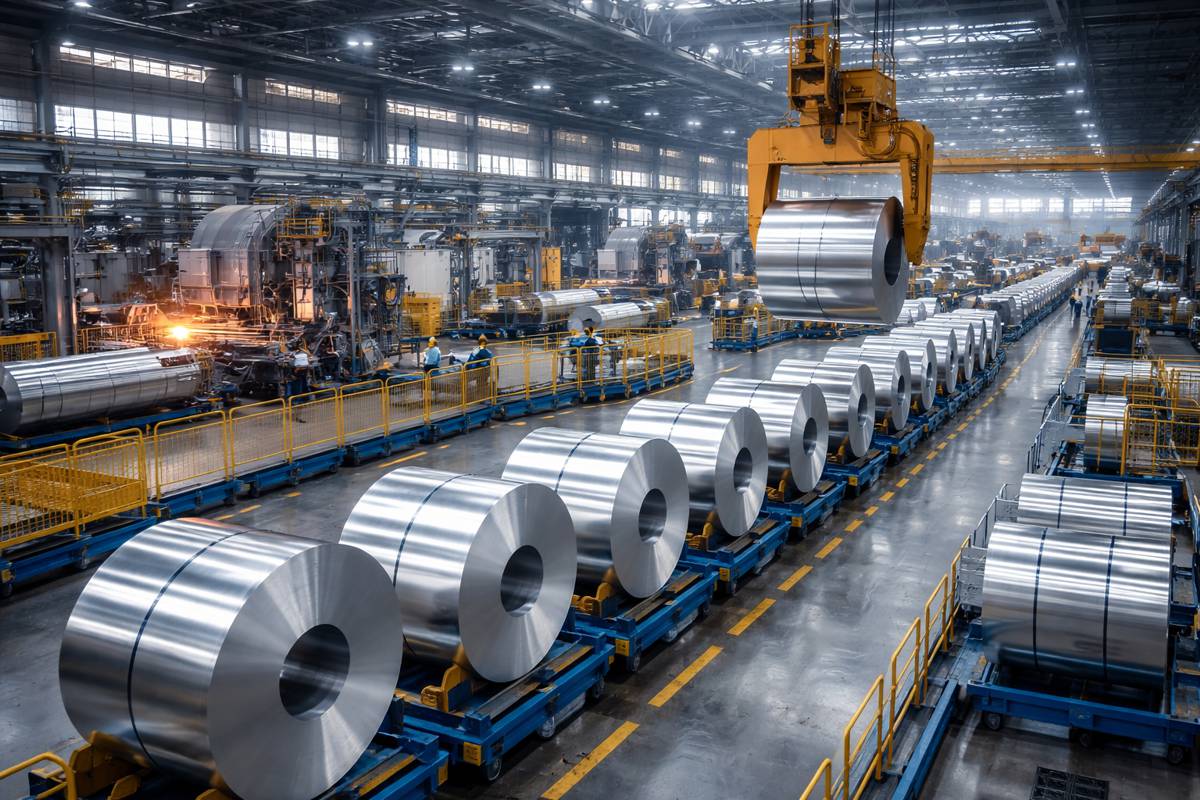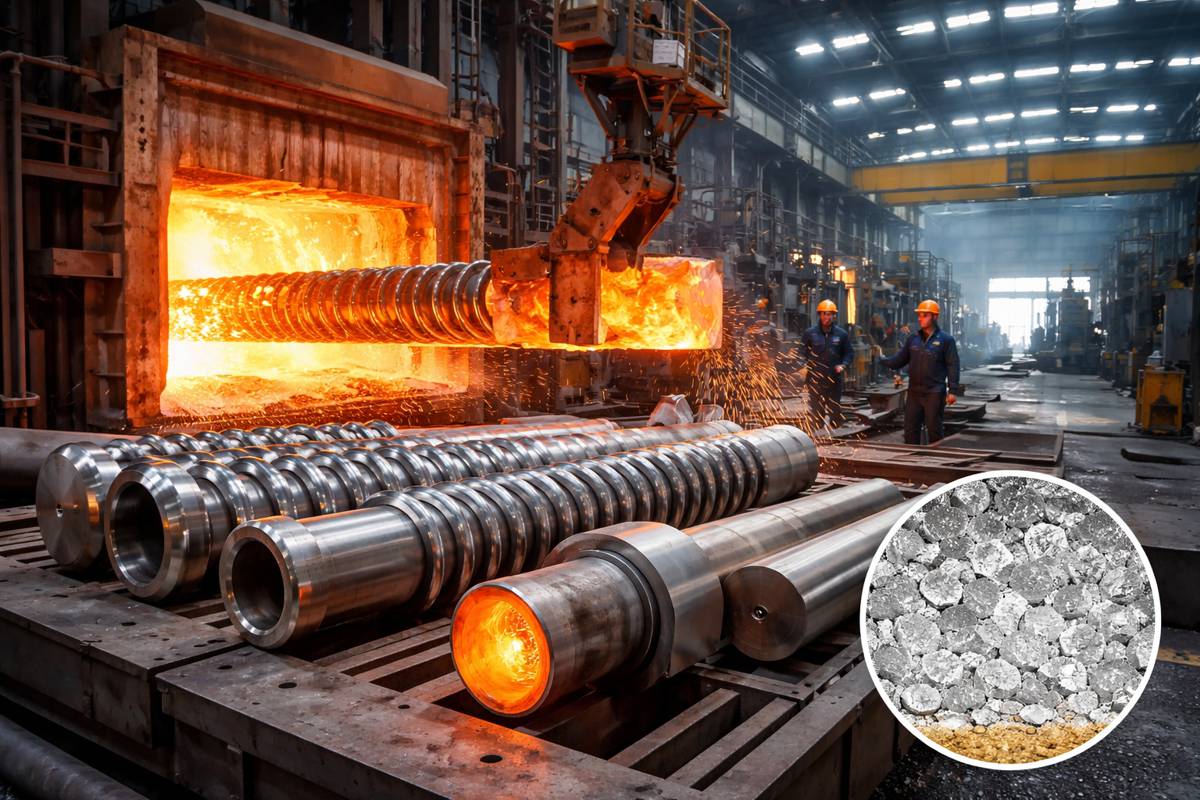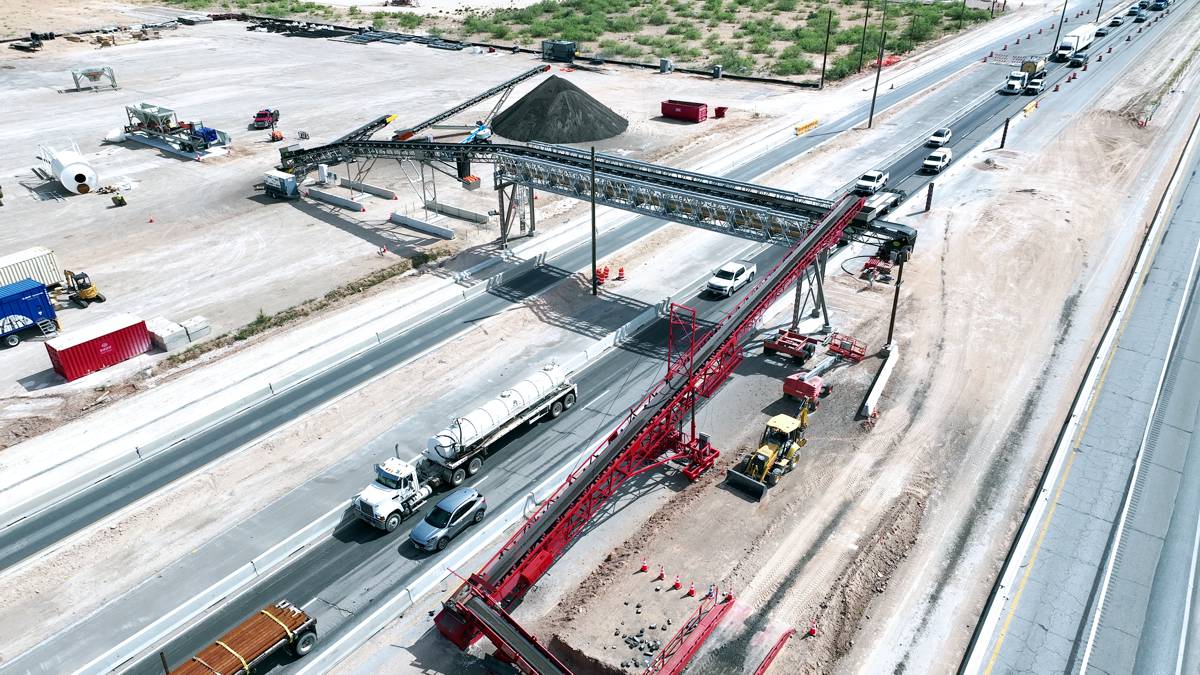Aero Aggregates manufacturing foamed glass aggregates in California
Aero Aggregates of North America, a manufacturer of ultra-lightweight foamed glass aggregates, will open a new facility in July 2022 in Modesto, CA.
The facility will turn post-consumer recycled glass into material used in agriculture and infrastructure and green commercial construction projects across the Western United States. The plant will employ 15-20 workers.
Aero Aggregates will partner with Halo Glass Recycling, a new glass processor for the container industry, to recycle the equivalent of over 140 million glass bottles per year.
Aero Aggregates’ products have been used on various resiliency projects to raise the grade on soft compressible soils, add stormwater storage, promote infiltration and reduce carbon footprints.
Closed-cell aggregate is used in the construction of roads, commercial developments, sewers, greenroofs, concrete blocks, gardens, building foundations and more. Open-cell aggregate (Growstone®) has beneficial agriculture applications to reduce water usage and promote better plant growth. By extending rooting capacity, it produces thriving plants with less irrigation and maintenance.
Foamed glass aggregate is ideal for projects that require fill to be placed over soft compressible soils or areas with underground utilities. The low-density product is approximately 85% lighter than quarried aggregates. It’s durable, safe, non-leaching, rot-resistant, and highly frictional. It also cost much less to manufacture, ship and use than other forms of lightweight fill.
“The Philadelphia International Airport recently used our lightweight materials for a green construction project and cut 6,000 truckloads that would have been needed to haul traditional fill,” said Archie Filshill, CEO and co-founder of Aero Aggregates. “From manufacturing to delivery to placement, we not only accelerate construction but also help our customers reduce their carbon footprint.
“The West Coast production facility will reduce our client’s costs as we’ll no longer have to ship materials from our East Coast plant.”





























